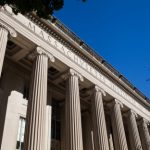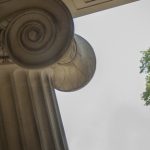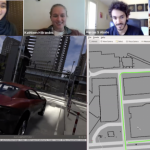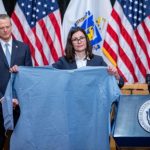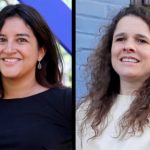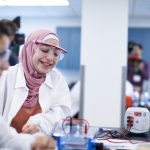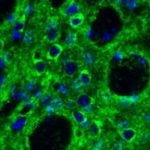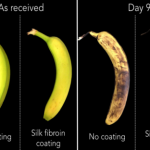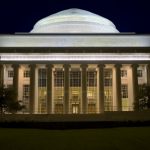MIT, guided by open access principles, ends...
Standing by its commitment to provide equitable and open access to scholarship, MIT has ended negotiations with Elsevier for a new journals contract. Elsevier was not able to present a proposal that aligned with the principles of the MIT Framework for Publisher Contracts. Developed by the MIT Libraries in collaboration with the Ad Hoc Task Force on Open Access to MIT’s Research and the Committee on the Library System in October 2019, the MIT Framework is grounded in the conviction that openly sharing...

